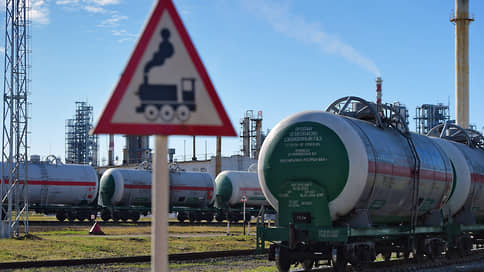Switzerland could benefit – but SVP and left -wing criticism criticism

EU migration pact: Switzerland could benefit financially-but SVP and the left comes criticized
The EU has decided on a large asylum and migration reform. Switzerland is also affected by the Agreement of Schengen and Dublin. In the summer of 2026, voting could occur. The most important questions and answers about the submission.
The construction errors of the EU asylum system, anchored in the Dublin Treaties, are known: Because the initial bankruptcies are always responsible for the asylum procedures, states at the outside borders such as Italy or Greece have more loads than internal states. The EU member states wrestled for a reform for ten years, and they were finally able to agree in May 2024. Switzerland is associated with the contracts of Schengen and Dublin, which is why it also affects this reform. The Federal Council supports the innovations. He passed the message on Friday – now the parliament is on the train. In the event of a referendum, voting could occur in June 2026.
What are the goals of the reform?
The EU wants to better distribute the burdens of the asylum procedures. A solidarity mechanism is therefore established between the EU countries in order to relieve the states that have a particularly strong asylum migration. For Switzerland as a non-member state of the EU, the solidarity mechanism is not binding.
The EU also wants to reduce the number of asylum applications. People who are legally not entitled to asylum and do not require protection should already be held from entry at the EU outer limit. At the same time, false incentives should be eliminated so that asylum seekers do not continue to hike within Europe.
What are the most important content of the EU migration pact?
Despite the mechanism of solidarity, no EU member state has to accept asylum seekers. Instead, it is possible to financially participate in the costs of the asylum system or to provide experts.
A “border procedure” is now being introduced: Asylum applications of people from states with a recognition rate of less than 20 percent are treated in closed centers at the EU outside limit. The procedures should be completed in 12 weeks. Asylum seekers are not allowed to enter the EU, but return to their country of origin. Therefore, there could not be talk of a prison, the federal asylum authorities said in a background discussion on Monday.
People who have entered the EU so -called irregularly are subjected to “screening”. This includes identification and a health and security check.
To what extent is Switzerland affected?
Switzerland is associated with the contracts of Schengen and Dublin. Therefore, it must take over part of the new provisions. If she doesn’t do it, the risk of assassing. Switzerland would become a “asylum island” in Europe, the federal authorities warn. One consequence could be that numerous asylum seekers rejected by the EU would make a separate application in Switzerland.
There is also an argument: Switzerland has transferred 40,000 people to other Dublin countries since the 2009 Dublin system came into force in 2009 and only have to withdraw 12,000. With costs of around CHF 100,000 per asylum application, this results in a cost saving of CHF 2.8 billion.
According to the State Secretariat for Migration (SEM), the mandatory Dublin adjustments are in advance of technical nature. For example, they regulate the screening of people who are taken up in Switzerland without valid residence status. In addition, the initial admission meland will be responsible for one person for three years in the future and not only 1.5 years. This becomes more unattractive to dive down and to put a new asylum application after 18 months in another EU country. In this way, illegal internal migration is to be stopped.
Solidarity mechanism: Why does the Federal Council want to participate?
Although the solidarity mechanism for Switzerland is not mandatory, the Federal Council decided on Friday to participate in principle. He sees a chance in mechanism to “strengthen the European asylum system sustainably”, it says in the statement. In which form the federal government is committed – financially, with the takeover asylum seekers or with experts who support other countries – has not yet been determined.
If the new EU system applies and actually entering fewer asylum seekers to Europe, Switzerland could benefit financially: for those countries who do not want to accept asylum seekers, the amount of 20,000 euros is currently undergoing debate in the EU. In Switzerland, the authorities expect CHF 100,000 per case.
Does SVP and Greens be the unholy alliance?
In the consultation, Mitte, GLP and FDP basically supported the reform. The FDP, for example, welcomes the fact that more asylum procedures should be handled at the outside boundaries. She rejects the recording asylum seekers as part of the solidarity mechanism.
According to the federal government’s consultation report, the SP also supports the takeover of the EU package, but reserved with great reservations. In the question of the procedures at the outer limit, she keeps it the other way around the FDP. Above all, the “adhesive” asylum centers at the outer border are a thorn in the side. The Greens, who are even more critical, share this criticism: the pact contradicts the values of the EU and Switzerland.
The SVP, which criticizes the Dublin system as failed, fundamentally rejects the attempt to reform it. Switzerland must « be able to carry out sovereign, one -sided and independent controls at its national borders, » the SVP is cited in the report. The party collects signatures for its border protection initiative, which an independent Swiss asylum system wants.







